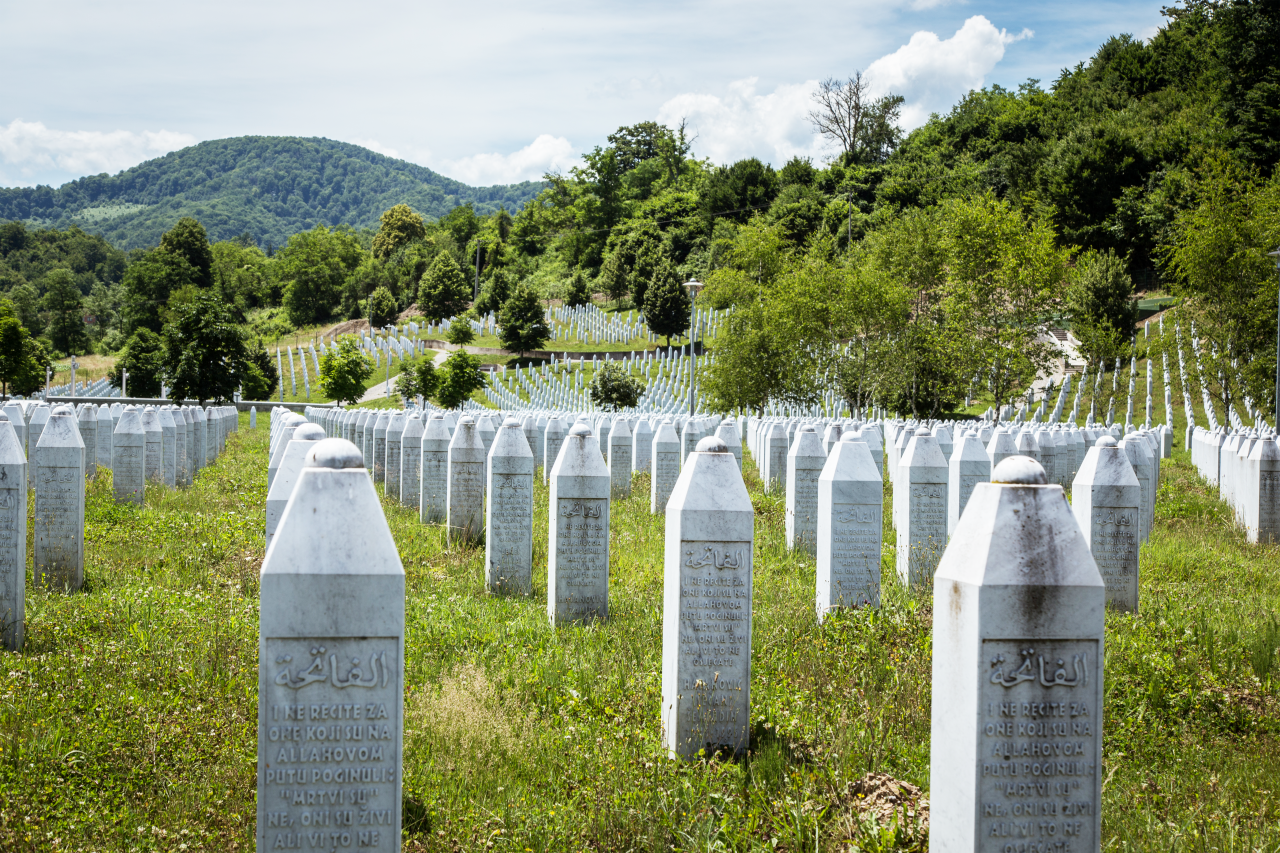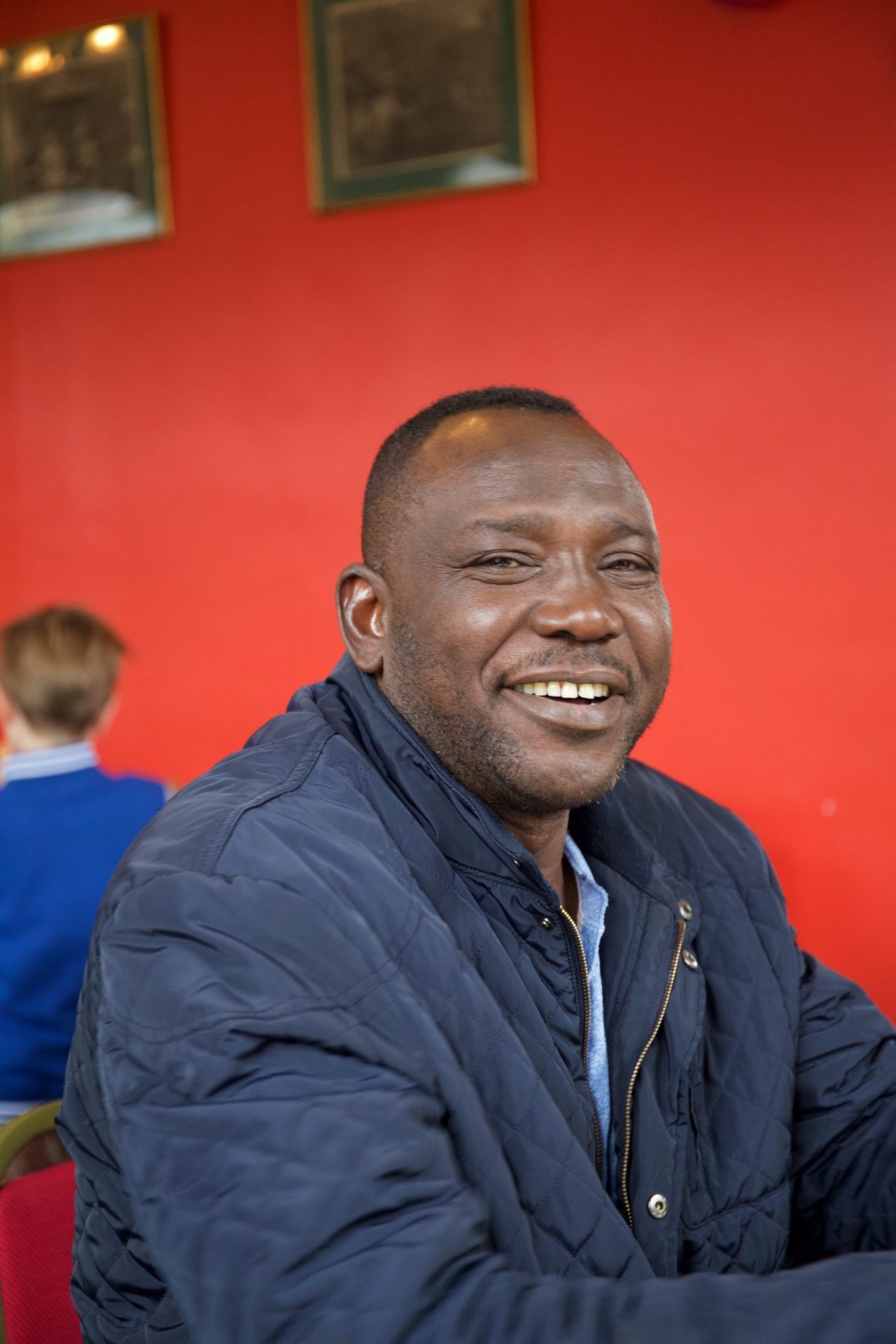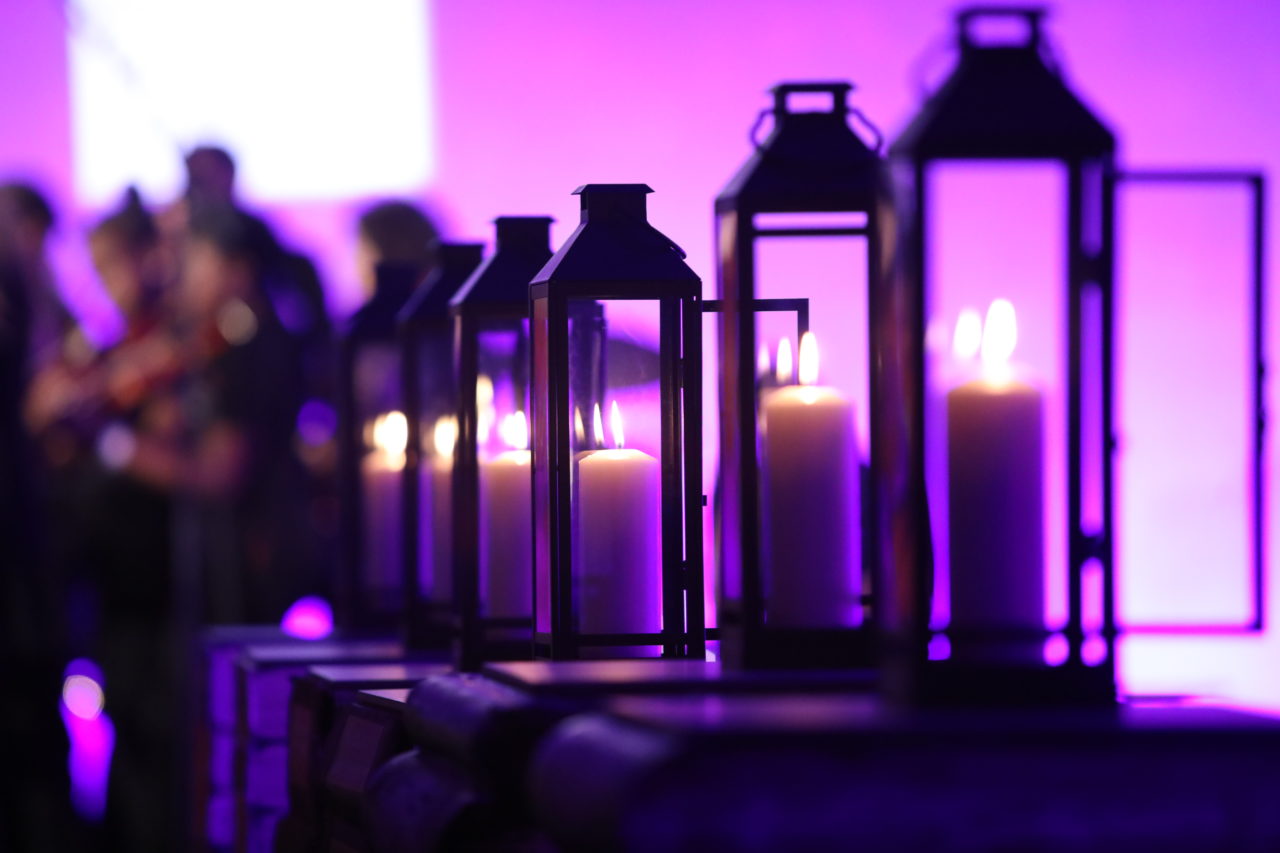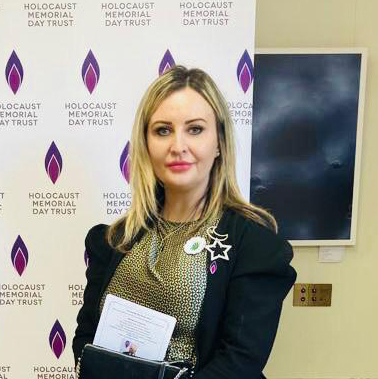
Sanela Saracevic
Sanela Saracevic managed to escape the horrors of the Bosnian war in 1993, yet the memories of its atrocities continue to haunt her. With her family, she was compelled to leave her homeland in pursuit of safety. She has transformed her painful past into a source of inspiration, using it to nurture hope for a better future.
We left with nothing but the clothes on our backs. Gunfire and explosions echoed throughout our journey.
Content Warning: This life story contains details that may be distressing. Reader discretion is advised. If you would like any support or further information please see this page.
By Sanela Saracevic
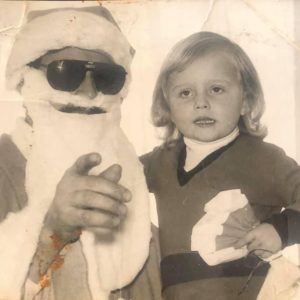
Sanela Saracevic as a child in Bosnia
I have vivid memories of my childhood before the outbreak of the Bosnian war in 1992. My brother and I experienced a normal, joyful upbringing, surrounded by many friends. We lived with our parents in Bosanski Petrovac, a town in the north of Bosnia and Herzegovina with a modest population of just under 10,000 people.
It was a harmonious place where people of all religious persuasions got along just fine. Trust and goodwill ran so deep that people found it unnecessary to lock their doors. Among my peers, there was very little awareness of national identity or religious affiliations. Sadly, this tranquillity was shattered by appalling violence.
The genocide in Bosnia is rooted in the break-up of the former Yugoslavia in the early 1990s. As Yugoslavia disintegrated, ethnic tensions, historical grievances, and political power struggles resurfaced, leading to a series of conflicts in the region. Bosnia and Herzegovina, with its diverse population of Bosniaks (Bosnian Muslims), Croats, and Serbs, became a focal point of the violence.
In April 1992, Bosnia declared independence from Yugoslavia, triggering a brutal war that lasted until 1995. Bosnian Serbs vehemently opposed the establishment of an independent Bosnian nation with a Bosniak majority. In July 1995, Bosnian Serb forces murdered approximately 8,000 Bosniak men and boys in the town of Srebrenica, the worst mass atrocity in Europe since the Holocaust.
I have no recollection of ever being told about the tensions that eventually led to war. I gathered bits of information from news reports and adult conversations, but I was too young to fully grasp the gravity of the situation. It was not until some of my neighbours and family members started disappearing without any notice that I became aware that something was wrong, though at the time, I had no idea people were being taken to concentration camps.
Saying goodbye to my great-grandfather
As the situation became more dangerous, we had no choice but to leave our home. The most difficult part for me was saying goodbye to my great-grandfather, a pillar of comfort and support who looked after my brother and I whenever our parents were away. He chose to stay because he was too frail. I never saw see him again.
We left with nothing but the clothes on our backs. Gunfire and explosions echoed throughout our journey. At that point, I somehow knew that life would never be the same again. I will never forget how we walked for hours until we finally found a temporary place of refuge, 45km from my hometown. In the mass of desperate people, the screams of terrified children were conspicuous. We had no food, no water, and there was no one to turn to for assistance.
I could share numerous accounts of the horrific things I witnessed along the way, but there is one incident that remains vividly etched in my memory: a teenage boy was gunned down while attempting to escape from a bus destined for one of the concentration camps. It is difficult to put into words how that made me feel. All I can say is that no child should ever be exposed to such acts of brutality.
Bodies of Muslim men
We also came across a distressing sight – an elderly man, someone’s grandfather, lying lifeless on the concrete with both his eyes gorged out. Words cannot capture the overwhelming sense of horror that engulfed me at that moment. Not even in my darkest nightmare had I imagined I would see such horror.
On another occasion, we arrived at a river intending to drink and freshen up. However, we were warned against drinking the water because bodies of Muslim men had been dumped into it. I could see the fear in the faces of the adults around me.
As a child, the thought of becoming a refugee in a foreign land never crossed my mind. I knew that my parents had their own aspirations and worked hard towards a bright future for us. But after staying in multiple refugee centres in Bosnia, we arrived in the UK as refugees in 1993. We had to adjust to a new culture and language. Over time, we have managed to establish a sense of belonging and forge new lives.
Peace at last!
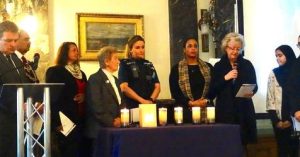
Sanela Saracevic (centre) today as a police officer
I am grateful for the chance to live in a secure and peaceful environment. My journey serves as a testament to the resilience of the human spirit and the transformative impact of compassion and generosity. I now work for the Warwickshire Police Constabulary, and I am proud to work to combat hate crime and modern slavery.
When I returned to Bosnia for the first time since the end of the war, it dawned on me that my upbringing was defined solely by war and genocide, leaving no room for the normal Bosnian experience I yearned for. I had returned with a desire to create a collection of joyful memories to balance the narrative of my childhood.
As a survivor, I share my personal story because the horrors of the genocide in Bosnia, though well-documented, are still distorted or denied by some. Like most survivors, I hope that by telling my story history will not repeat itself. The next generation must be educated about the perils of hate, prejudice, and intolerance.
